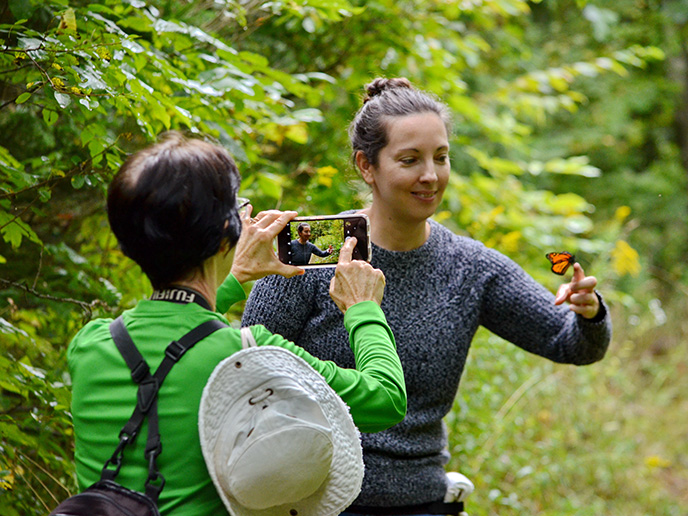The future of food through the ‘virtual tongue’
For centuries, societies have recognised the vital role that food plays in sustaining health and overall quality of life. Yet, despite the wealth of culinary knowledge gathered over generations, there remains a profound mystery surrounding the precise mechanisms through which certain foods positively influence our well-being. While traditional wisdom has guided dietary practices, the scientific understanding of these phenomena has often lagged behind.
A food taste computational platform
Undertaken with the support of the Marie Skłodowska-Curie Actions (MSCA) programme, the VIRTUOUS project aims to revolutionise our understanding of the relationship between the chemical composition of foods and their organoleptic properties, with a particular emphasis on taste. According to project coordinator Marco Agostino Deriu: “Our senses guide our food choices as we perceive each food uniquely through its distinctive taste, aroma, texture and visual appearance.” VIRTUOUS sought to create a computational platform capable of accurately predicting the taste of foods. It focused notably on ingredients commonly found in the Mediterranean diet, renowned for its health benefits. To this end, the project combined advanced molecular and cellular modelling techniques, artificial intelligence, data mining and bioinformatics. Through this integrative approach, researchers comprehensively analysed how chemical compounds in foods interact with human taste receptors, providing invaluable knowledge on the mechanisms of taste. At the heart of the platform’s capabilities lies a ligand-based and machine-learning-driven approach, which enables the prediction of the taste of food molecules based on their chemical structures and molecular properties. This allows the definition of specific tools to predict several tastes, including sweet/bitter, and umami. Moreover, the recent integration of the VirtuousPocketome functionalities has significantly enhanced the platform's capabilities. This novel tool enables the retrieval of proteins similar to taste protein receptors and identifies potential secondary targets for food compounds.
Potential applications
The VIRTUOUS platform holds vast potential across various applications. By making scientific findings accessible through an intuitive user interface, VIRTUOUS allows a broad audience – including nutritionists, doctors, food manufacturers and consumers – to easily explore food organoleptic properties and their potential health effects. The platform serves as a valuable tool for producers to refine product taste profiles – optimising grape selection for wines or enhancing oil production techniques. Additionally, it aids in the creation of balanced and flavourful diets, aligning with the principles of the Mediterranean diet and specific customers’ preferences. The recent integration of its VirtuousPocketome software has further solidified the efficacy of the platform by mapping all potential proteins that a specific food molecule could activate. “This indicates that taste receptors can serve as guardians by monitoring the foods we consume, helping to guide our dietary choices towards beneficial foods,” highlights Deriu.
Future endeavours
Overall, the VIRTUOUS project represents a paradigm shift in food science, bridging the gap between technology and nutrition. By unravelling the complexities of taste perception, it paves the way for innovative solutions in food production, personalised nutrition, and public health initiatives. Application of the taste predictor to European food products will boost and widen the European food market, enabling simultaneously the customisation of products to meet niche needs. Looking ahead, the VIRTUOUS project aims to refine its platform and expand its capabilities by growing its food database, forging partnerships, and incorporating new modules to predict sensory aspects beyond taste.
Keywords
VIRTUOUS, taste, computational platform, food science, organoleptic profile, flavour, umami







